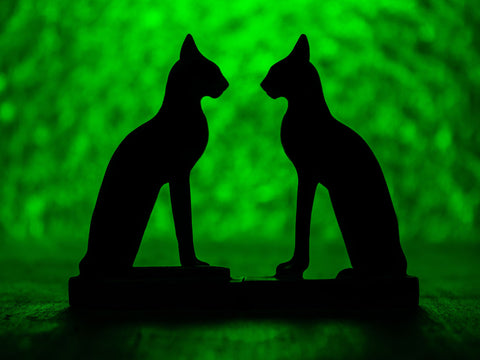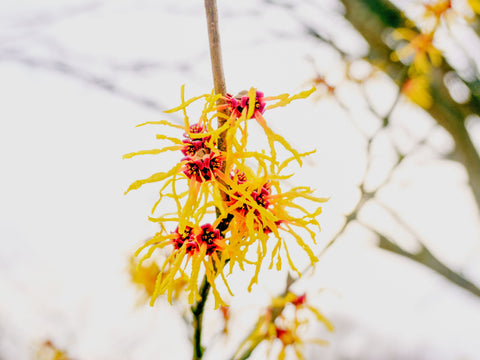Cats held a special place in Egyptian culture and society, occupying a significant role in various aspects of ancient Egyptian life. The reverence and importance that Egyptians placed on cats can be traced back to their deep-rooted religious beliefs, practical applications, and even their contributions to the development of Egyptian civilization.
Religiously, cats were highly revered in ancient Egypt. The ancient Egyptians worshipped a broad pantheon of gods and goddesses, many of whom were represented with animal forms. Bastet, the feline goddess, was particularly cherished by the Egyptians. She was considered the goddess of both protection and fertility, and her presence was believed to safeguard the people and their homes from evil forces. Bastet was often depicted as a lioness or a domestic cat, and her sacred animal, the cat, became an emblem of divine protection. The Egyptians even mummified cats to honor the goddess, and her temples were dedicated to the care and welfare of cats. In fact, harming a cat, even accidentally, was considered a grave offense and could lead to severe punishments including death.
Beyond religious significance, cats also played practical roles in ancient Egyptian society. The arid climate of Egypt made it susceptible to rodent infestations, especially around granaries and food storage areas. Cats were highly efficient in hunting and controlling the rodent population, ensuring that the Egyptian crops remained safe from potential damage caused by these pests. This practical application of cats as vermin control made them invaluable assets to the Egyptians, contributing to the agricultural prosperity and overall welfare of the society.
In addition, the Egyptians recognized the unique characteristics of cats that made them valuable companions. Cats possess dignified independence and excellent agility. As a result, they were cherished by Egyptian families as beloved pets. Cats were seen as symbols of grace and gracefulness, embodying qualities that the Egyptians admired and sought to emulate. They were kept as companions within households, providing their owners with comfort and companionship. The Egyptians even depicted cats in various artifacts, such as jewelry and statues, showcasing their importance in daily life and as symbols of status and prosperity.
The prominence of cats in ancient Egypt extended far beyond the religious and practical aspects; they were also seen as guardians of the spiritual world. The Egyptians believed that cats had the ability to communicate with the spiritual realm and act as protectors against malevolent spirits or entities. They were thought to have a heightened sense of perception, detecting changes in the environment, and alerting their human companions to potential dangers. This belief further highlighted the significance of cats as an integral part of Egyptian society, fostering a deep bond between humans and felines.
Cats held immense importance to the ancient Egyptians due to their religious significance, practical applications, and the unique qualities they exhibited. Their association with the goddess Bastet elevated their status, and their ability to control rodents ensured the preservation of crops and food supplies. As beloved pets, they provided companionship and comfort to Egyptian households. Moreover, their supposed connection to the spiritual realm established them as protectors and guardians against sinister forces. Thus, cats played a vital role in shaping the religious, practical, and social dimensions of ancient Egyptian civilization, leaving a lasting impact on their culture.
Article By: Heather Campa, Wyoming Wildflower



